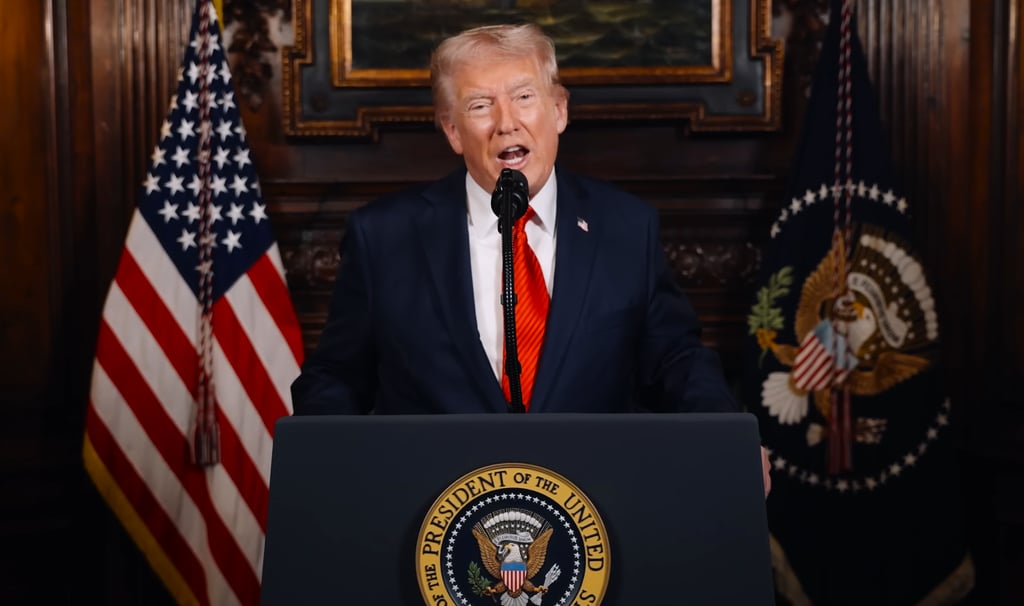Trump Welcomes Saudi Crown Prince With Major F-35 Fighter Jet Offer
Trump hosts Saudi Crown Prince on 18 Nov 2025 to finalize a landmark offer of 48 F-35 jets along with major economic and strategic agreements.
Raja Awais Ali
11/18/20252 min read


Trump Welcomes Saudi Crown Prince With Major Offer of F-35 Fighter Jets
President Donald Trump has welcomed Saudi Crown Prince Mohammed bin Salman to the White House in a high-profile meeting on 18 November 2025, marking a pivotal moment in U.S.–Saudi relations. Ahead of the visit, Trump confirmed his intention to approve the sale of up to 48 F-35 stealth fighter jets to Saudi Arabia, a move that could significantly reshape military power dynamics in the Middle East.
The proposed F-35 sale represents one of the most sensitive arms deals in recent years. The F-35 is among the world’s most sophisticated combat aircraft, and granting Saudi Arabia access to this technology raises major geopolitical questions. Concerns have been voiced about preserving Israel’s long-standing qualitative military edge in the region, as well as potential risks related to technology security, given Saudi Arabia’s deepening ties with various global powers.
Despite these concerns, initial technical reviews have already cleared important hurdles, indicating that the process is moving forward. The deal must still pass through several layers of approval, including the U.S. Cabinet, the President’s signature, and potential Congressional oversight. Analysts believe that political debates in Washington could influence the timeline and final structure of the agreement.
Beyond military cooperation, the Trump–MBS summit is expected to unlock extensive economic partnerships. Saudi Arabia is preparing to invest billions of dollars in American artificial intelligence, advanced technology, and civil nuclear energy initiatives. These partnerships directly align with the Kingdom’s Vision 2030 program, which aims to diversify its economy, reduce reliance on oil, and integrate more deeply into global technology sectors.
However, the visit is not without controversy. Critics in the U.S. continue to raise concerns about Saudi Arabia’s human rights record and the legacy of past incidents that strained global relations. Intelligence officials have also reportedly warned that the sale of advanced aircraft must be carefully managed to prevent any possibility of foreign access to classified U.S. technology.
Diplomatically, Trump is pushing for Saudi Arabia to move closer toward formal normalization with Israel. His administration is encouraging Riyadh to consider joining the broader framework of regional peace agreements that have reshaped alliances in recent years. Saudi leadership, however, maintains its longstanding position that meaningful progress toward Palestinian statehood remains a prerequisite for any full normalization process.
This visit also marks an important symbolic moment for Crown Prince Mohammed bin Salman, positioning him more prominently on the global stage after years of complex international scrutiny. For both nations, the meeting signals a renewed strategic partnership built on defense, investment, and shared geopolitical interests.
If finalized, the F-35 deal would mark a historic milestone in U.S.–Saudi defense relations, significantly enhancing Riyadh’s military capabilities while reinforcing Washington’s influence in the region. The ultimate outcome will depend on ongoing diplomatic negotiations, political approval processes, and the broader vision each leader brings to the future of regional stability.
Stay informed with the latest national and international news.
© 2025. All rights reserved.